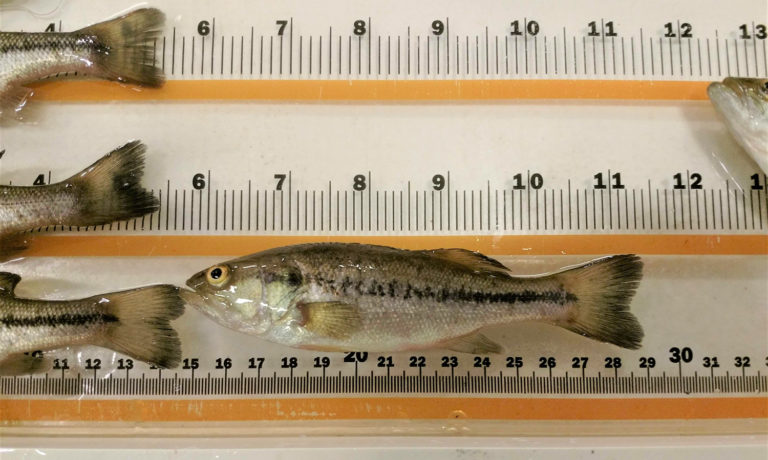
Aquafeeds
Is removing marine ingredients from largemouth bass diets possible?
Trials unambiguously demonstrate that marine ingredients can be removed from largemouth bass diets without hampering growth, health or flavor.
Aquafeeds
Fish-free aquafeeds trials demonstrate the feasibility of the complete removal of fishmeal and fish oil from the diets of the tested fish species.

Aquafeeds
Trials unambiguously demonstrate that marine ingredients can be removed from largemouth bass diets without hampering growth, health or flavor.
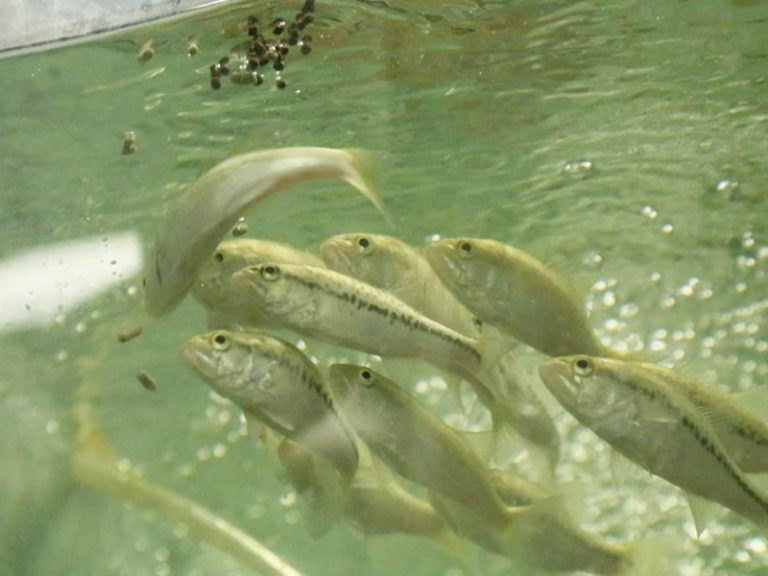
Aquafeeds
This 10-week feeding trial aimed at complementing existing information on largemouth bass responses to oils with supplemental EPA and DHA. Dietary supplementation of these essential fatty acids may be required in feeds for this species.
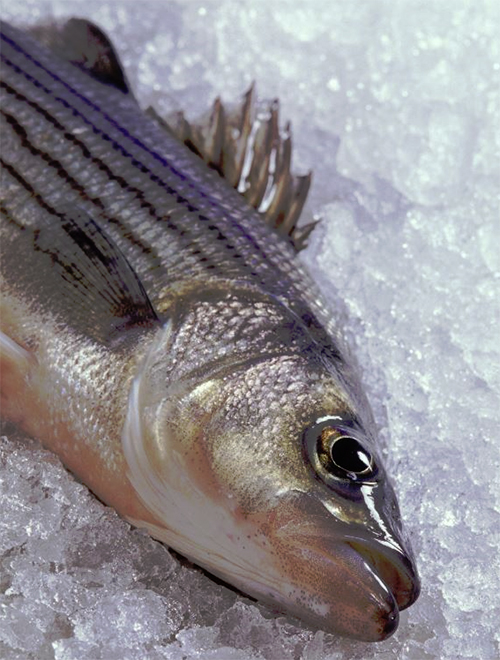
Intelligence
A study assessed the nutritional value of farmed vs. wild white-fleshed fishes using hybrid striped bass, largemouth bass and bluegill. Results showed that farmed, white-fleshed fish are as nutritionally valuable – and in some cases, more so – than wild fish.
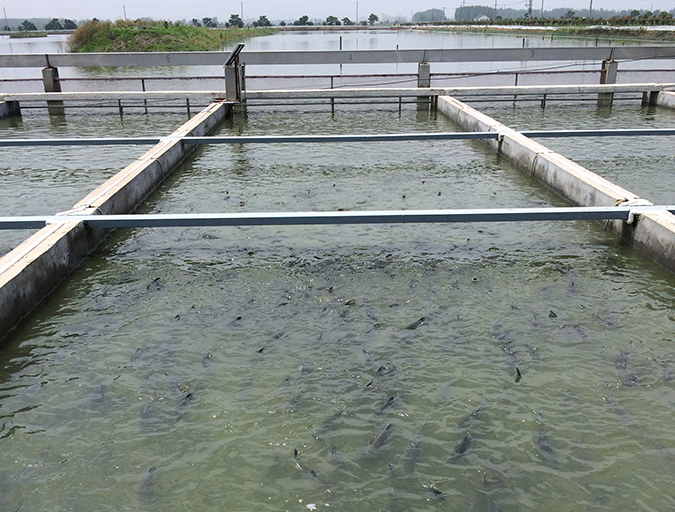
Innovation & Investment
Intensive pond aquaculture (IPA) technology, a floating, in-pond raceway system developed in the United States, is being adopted fast in China, just three years after its introduction, says Jim Zhang, aquaculture program manager for USSEC-China.
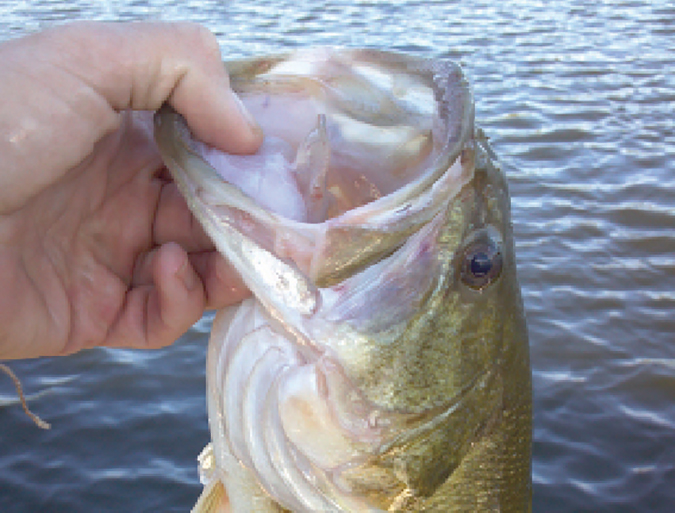
Health & Welfare
The production period for largemouth bass in ponds hampers the economic feasibility of pond culture in the United States. A study demonstrated that bass fingerlings could be raised at high densities in a semi-closed recirculating system without serious mortality, size variability or growth retardation.
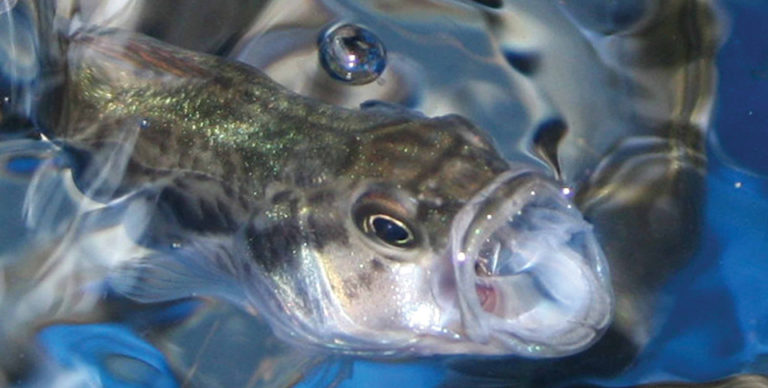
Health & Welfare
U.S. demand continues for largemouth bass in sport fish stocking and live markets, whereas Asian consumers prefer live largemouth over most freshwater fish.
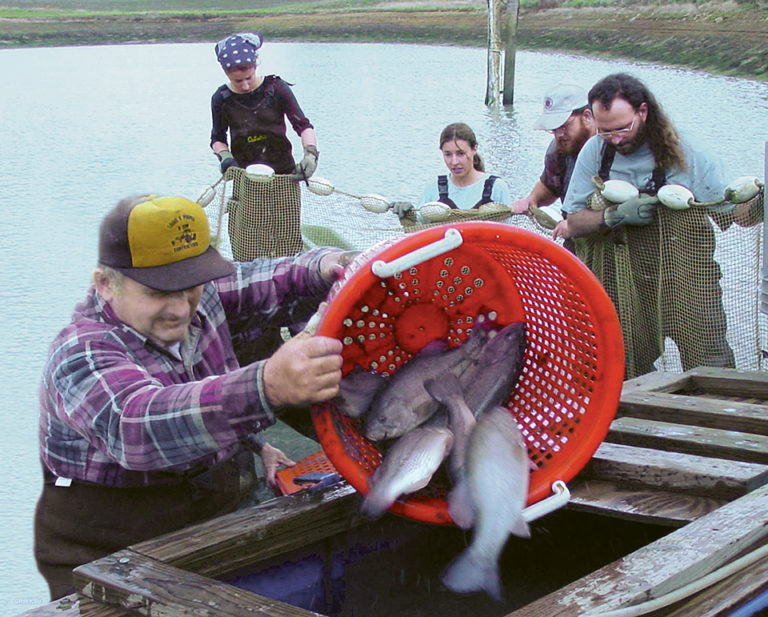
Intelligence
Interest in the commercial culture of largemouth bass is due to great demand and a high selling price compared to other cultured species.